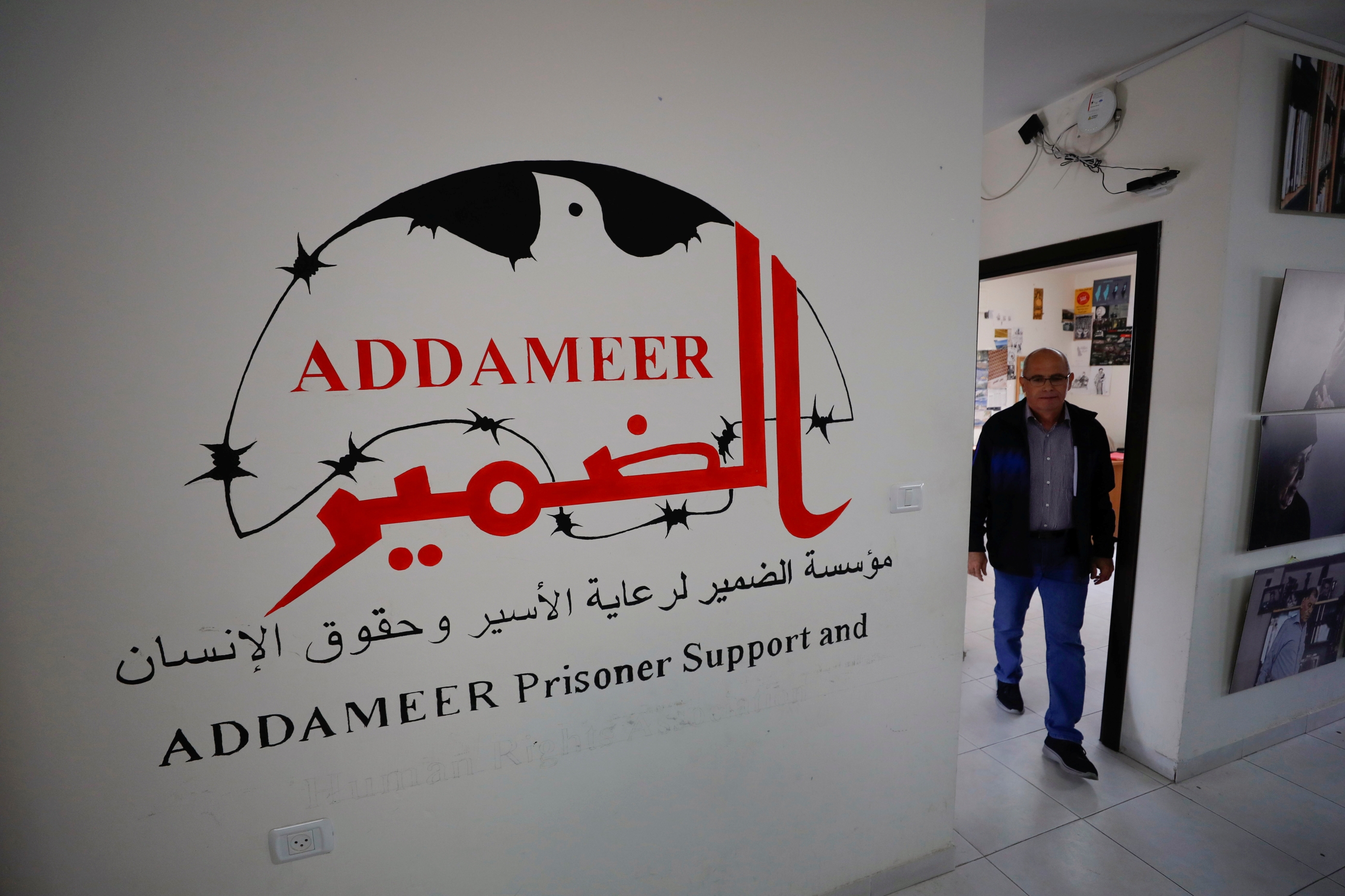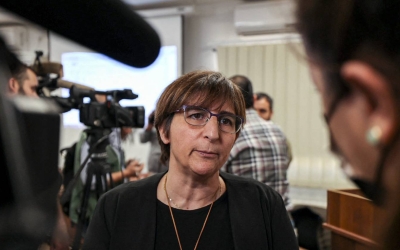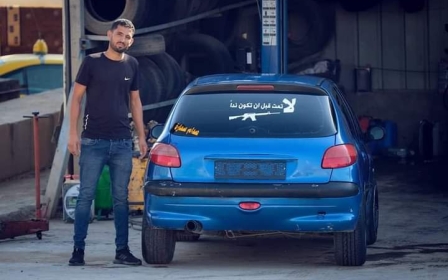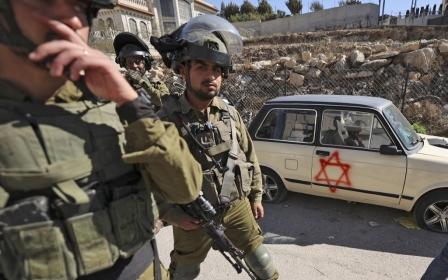NGOs, donors pledge solidarity with blacklisted Palestinian civil society groups

More than 100 philanthropic foundations and donors on Tuesday signed an open letter expressing solidarity with six Palestinian civil society groups that were blacklisted by Israel and accused of being "terrorist" organisations.
The letter urged the US, European Union, and other countries to press the Israeli government to rescind the designation and also ensure any donations to Palestinian civil society groups reaches them without Israeli interference.
"The targeted assault against six of the leading civil society organizations in Palestine is a blatant attempt to silence and criminalize dissent against the human rights violations of the Israeli government," the letter said.
"As global funders of human rights and democracy, this attempt to 'chill' our funding and solidarity will not work. We stand with Palestinian civil society organizations and human rights defenders. We assert our right to free speech and to provide financial support to organizations advancing human rights, dignity and wellbeing for the Palestinian people."
The list of signatories consists of dozens of foundations and funder networks across the US and Europe, including the Foundation for Middle East Peace (FMEP), Front Line Defenders, and Grassroots International.
"The cynical weaponization of anti-terrorism laws poses an existential threat both for Palestinian human rights defenders and those defending human rights globally," FMEP president Lara Friedman said in a statement.
"The breadth of signers of this letter underscores funders’ shared recognition of the urgency of challenging this dangerous tactic, and of the moral obligation to defend partners on the ground who, in essence, have been singled out for attack because they have done their work defending human and civil rights too well."
Pegasus spyware hack
In October, Israel's Defence Minister Benny Gantz labelled the six Palestinian NGOs - Addameer; Al-Haq; the Union of Agricultural Work Committees; the Bisan Centre for Research and Development; the Union of Palestinian Women's Committees; and Defense for Children International - Palestine - as terrorist organisations.
The move was met with widespread condemnation, including from prominent rights groups such as Human Rights Watch and Amnesty International, and also some US lawmakers.
Soon after the move, the US State Department said it was seeking clarification and claimed the "Israeli government did not give us advance warning".
It was later reported in an investigation by Front Line Defenders (FLD) that the phones of several Palestinians working for the groups were hacked.
Andrew Anderson, FLD's executive director, said that the blacklisting and later hacking of those groups highlighted the importance of their work advocating for human rights for Palestinians.
"The exposure of illegal spying on peaceful Palestinian human rights defenders, coming on top of baseless terrorism claims against internationally respected human rights organizations, underscores how important it is that the international community continue supporting their legitimate work," Anderson said in a statement.
"Surely this episode will serve as a stark warning against any deployment of the term 'terrorist' against human rights defenders anywhere in the world, and renew efforts to rein in the use of spyware against human rights defenders, journalists and other civil society activists."
Middle East Eye delivers independent and unrivalled coverage and analysis of the Middle East, North Africa and beyond. To learn more about republishing this content and the associated fees, please fill out this form. More about MEE can be found here.





